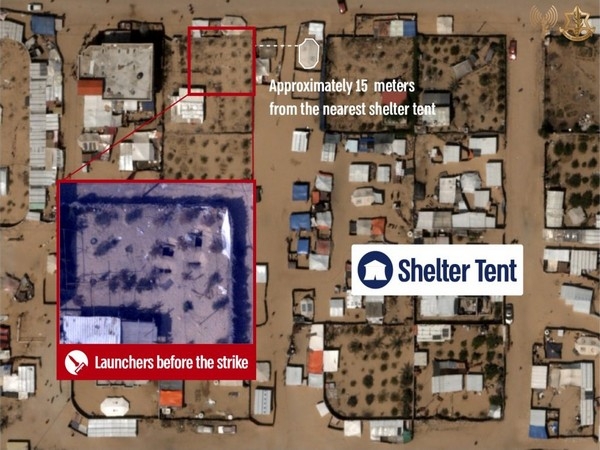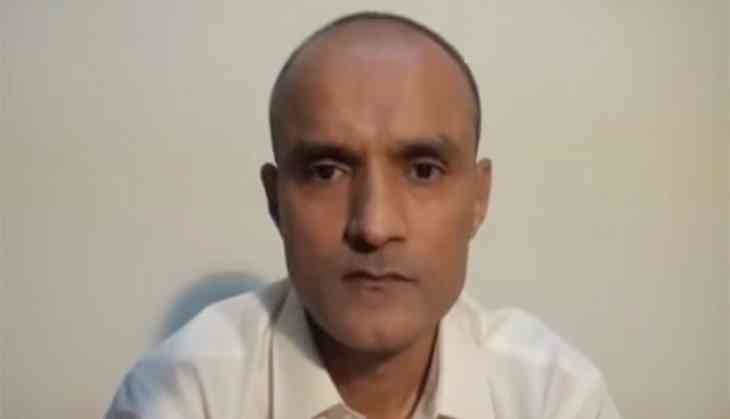
Attorney General Ashtar Ausaf Ali will now be representing Pakistan in the Kulbushan Jadhav case at the International Court of Justice (ICJ).
This announcement was made by Ashtar himself saying that the country's defence against India's case before the ICJ was prepared by the government in consultation with all stakeholders, including the military establishment, Geo News reported.
However, it is not clear yet whether Khawar Qureshi, who was representing the country in the case earlier, will be part of the legal team or not.
Speaking to The News, he said that the lawyer who defended Pakistan's case before the ICJ has represented Pakistan in international arbitrations in the past and was also cleared by the army and intelligence agencies to fight this highly-sensitive case.
Pakistan's National Assembly Speaker Ayaz Sadiq on Friday said that alleged Indian spy Kulbushan Jadhav's issue should not be politicised.
"If the Army chief said that he provided the lawyer for the Jadhav case and then any criticism directed at him is baseless," Geo News quoted Sadiq, as saying.
Opposition leader Khursheed Shah said the Attorney General should have been sent by the government to represent Pakistan's case in the ICJ.
He called the ICJ's temporary stay of the execution of alleged Indian spy Kulbhushan Jadhav a "setback" for the country and said the government's negligence was evident in the case.
Meanwhile, the Pakistan Tehreek-e-Insaf (PTI) has blamed Prime Minister Nawaz Sharif for the ICJ temporary stay of the execution of alleged Indian spy Kulbhushan Jadhav and asked him to clear his position in the parliament.
Calling the ICJ stay on Jadhav's execution as an 'unfavourable' outcome, the PTI has raised a series of questions, seeking an explanation from Sharif on the Indian response on the Jadhav issue.
"PM Nawaz should appear before the house to explain why Pakistan did not appoint an ad hoc judge as it had a right to and why the Foreign Office did not take legal advice before initiating correspondence on the issue," The Express Tribune quoted PTI Central Information Secretary Shafqat Mehmood, as saying.
Dr. Shirin Mazari, another PTI leader. and an expert on international relations, said that Pakistan should have gone to the ICJ fully prepared.
The Pakistan People's Party (PPP) said that the case at the ICJ had been mishandled and demanded a meeting of the national security committee on the Jadhav issue.
PPP vice-president Sherry Rehman said Pakistan had failed to plead its case and questioned as to why the counsel completed his arguments in 50 minutes against the allocated time of 90 minutes.
She said Pakistan should have appointed an ad hoc judge under relevant rules.
These reactions came soon after the Pakistan's Foreign Office said that the ICJ has no jurisdiction over the county's national security matters, which in this instance was the execution of Jadhav.
Foreign Office Spokesman Nafees Zakaria said the decision to challenge the ICJ's jurisdiction was taken after consultation with all government institutions and agencies.
Zakaria said Pakistan's reply to the court was submitted in line with Article 36 of the Vienna Convention.
He pointed out that there exists a bilateral pact on consular access between Pakistan and India since 2008 and added that Article 6 of the pact solely relates to consular access being determined on the merit of the case.
Zakaria said, "After India stood exposed on state-sponsored terrorism and financing terrorism, it tried to divert attention by presenting the Kulbushan Jadhav case with a humanitarian angle."
The ICJ, the primary judicial organ of the United Nations, stayed the death sentence awarded to Jadhav by the Pakistan military court, citing that both - India and Pakistan - were bound by the Vienna Convention and that the rights invoked by New Delhi under the Vienna Convention were plausible.
-ANI


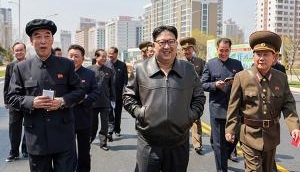
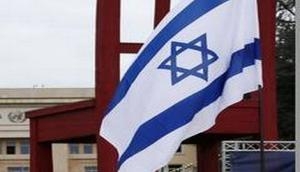
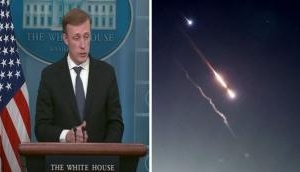
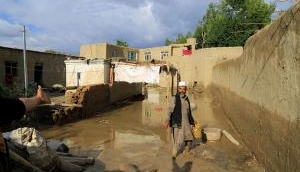
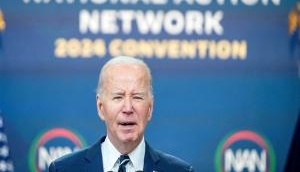
![BJP's Kapil Mishra recreates Shankar Mahadevan’s ‘Breathless’ song to highlight Delhi pollution [WATCH] BJP's Kapil Mishra recreates Shankar Mahadevan’s ‘Breathless’ song to highlight Delhi pollution [WATCH]](http://images.catchnews.com/upload/2022/11/03/kapil-mishra_240884_300x172.png)

![Anupam Kher shares pictures of his toned body on 67th birthday [MUST SEE] Anupam Kher shares pictures of his toned body on 67th birthday [MUST SEE]](http://images.catchnews.com/upload/2022/03/07/Anupam_kher_231145_300x172.jpg)




_251372_1280x720.jpg)
_251371_1280x720.jpg)
